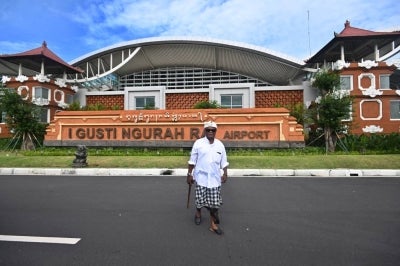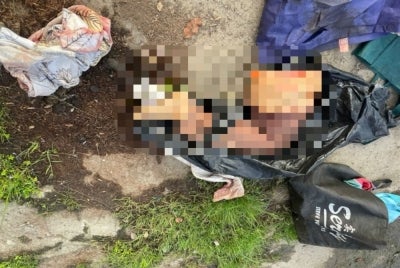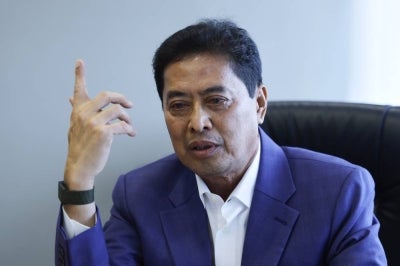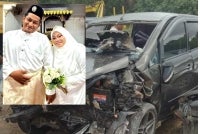UN spokesperson highlights dire humanitarian situation in northern Gaza

UNITED NATIONS - A UN spokesperson on Thursday highlighted the worsening humanitarian crisis in northern Gaza, emphasising significant obstacles to relief efforts.
At the regular press briefing, Stephane Dujarric, the spokesperson for UN Secretary-General Antonio Guterres, said, "Between Jan. 1 and 10, only three out of the 21 planned aid deliveries of food, medicine, water, and other life-saving supplies to the north of Wadi Gaza were able to proceed."
He highlighted the critical role these supplies play, including "medical supplies to Gaza City and fuel to water and sanitation facilities in Gaza City and the north," which were "denied by the Israeli authorities."
Dujarric compared the current situation to previous months, revealing a significant decline in aid access. "The rate of access seen in January so far presents a significant deterioration when compared to the rate of access in December of last year," he said, noting the drop from over 70 per cent in December to about 14 per cent in early January.
Highlighting the human cost of these constraints, Dujarric said, "Every day that we are unable to provide assistance results in the loss of lives and suffering for hundreds of thousands of people who remain in northern Gaza."
Adding to the urgency, UN Emergency Relief Coordinator Martin Griffiths painted a grim picture of the health sector in Gaza in a social media post. "The health sector in Gaza is being slowly choked off as hospitals continue to come under fire," he said.
On the dire consequences, he said, "Pregnant mothers can't deliver their babies safely. Children can't get vaccines. The sick and wounded can't get treatment. People die."
He reminded all parties that "the rules of war are clear and that parties must protect civilians, including, of course, humanitarian workers." - XINHUA
Download Sinar Daily application.Click Here!














